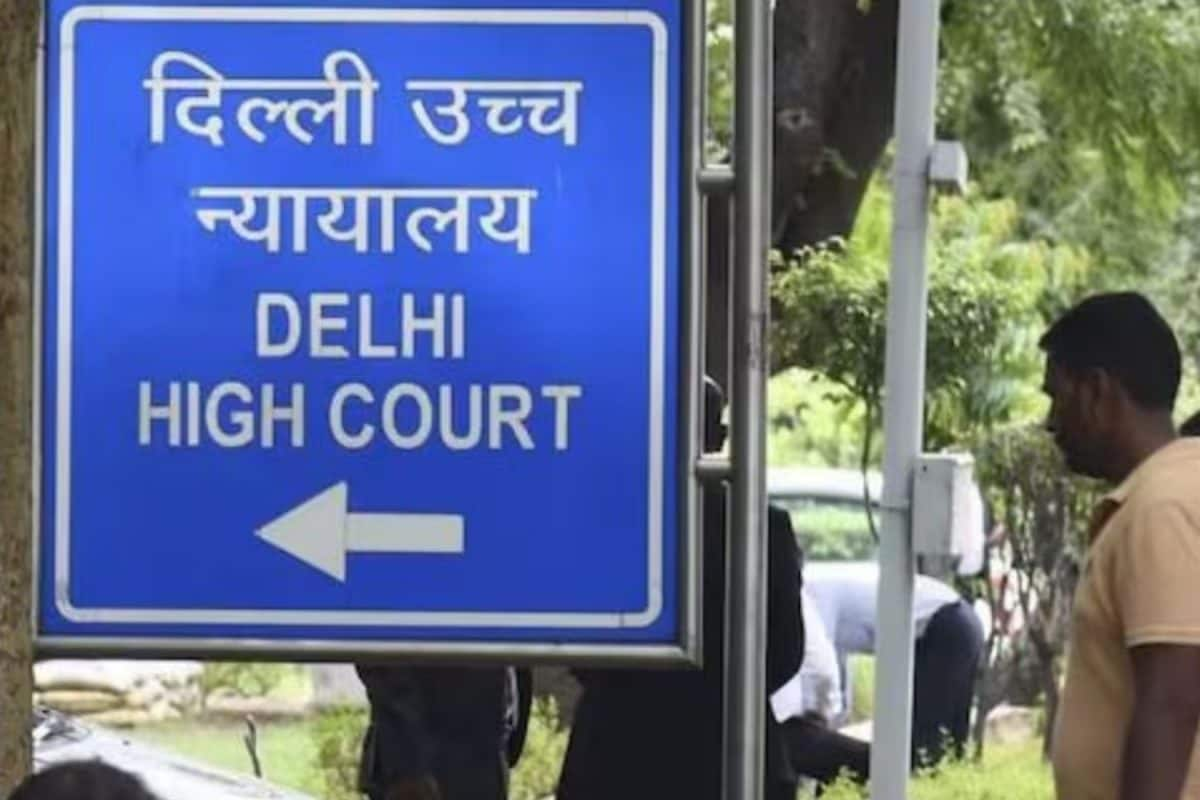

The Delhi High Court has reaffirmed the importance of unity and discipline within the Indian Armed Forces by upholding the dismissal of a Christian Indian Army officer who refused to participate fully in weekly regimental religious parades. The court emphasized that the primary duty of the armed forces is to safeguard the nation, and military unity is built upon service and uniform, transcending religious, caste, or regional differences.
The case involved a Commanding Officer who was commissioned in 2017 and assigned to a regiment with personnel from diverse religious backgrounds. The officer sought exemption from entering temples during religious rituals, citing his Christian faith. He also pointed out the absence of a 'Sarv Dharm Sthal,' a common prayer area for all faiths, within the regiment.
The Army, however, maintained that the officer's persistent refusal to attend mandatory regimental parades, despite multiple counseling sessions, undermined unit cohesion. The Chief of Army Staff ultimately deemed his retention undesirable due to misconduct. The High Court concurred with this decision, emphasizing the heightened responsibility of Commanding Officers to ensure troops have appropriate facilities to observe their religious practices while upholding military discipline.
The court clarified that while some regiments may have names linked to specific religions or regions and use war cries with religious connotations, these elements serve a motivational purpose and do not compromise the secular ethos of the Armed Forces. It underscored that these traditions aim to foster unity and solidarity among troops, and the Armed Forces respect the religious beliefs of all personnel.
Justices Navin Chawla and Shalinder Kaur, constituting the division bench, stated that the officer's termination was based on his conduct and its impact on military discipline and unit cohesion, rather than solely on his Annual Confidential Report (ACR) ratings. They emphasized that Commanding Officers must lead by example, placing unit cohesion above individual religious preferences, particularly when commanding troops in combat situations.
The court acknowledged the dedication of armed forces personnel who protect the nation's borders in challenging conditions, reiterating that the ethos of the Indian Armed Forces prioritizes the nation above self and religion. The ruling reinforces that while religious freedom is protected, military discipline and unity are paramount, and refusal to comply with service duties without sufficient justification amounts to insubordination.
The High Court's decision underscores the delicate balance between religious freedom and the need for cohesion and discipline within the armed forces. It sends a clear message that while individual religious beliefs are respected, they cannot override the collective duty to maintain unity and protect the nation.